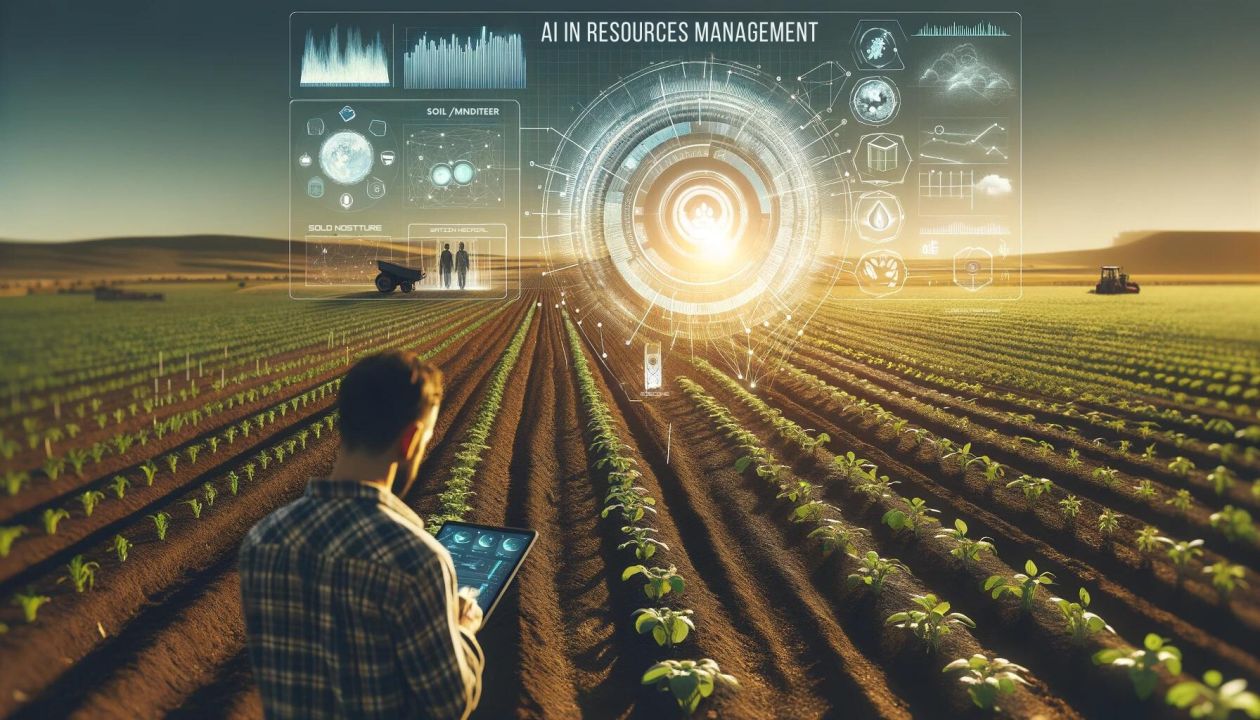Punjab is making significant strides in modernizing its agricultural and environmental practices by incorporating artificial intelligence (AI) into farming and waste management. This move underscores the state’s commitment to sustainable development and technological innovation.
Revolutionizing Agriculture with AI
Agriculture forms the backbone of Punjab’s economy, with the state often referred to as the “Granary of India.” However, challenges like depleting water resources, soil degradation, and unpredictable weather patterns have posed significant threats to the sector. To address these issues, the government is leveraging AI technologies to enhance productivity and sustainability.
AI-powered tools are being employed to analyze vast datasets, including satellite imagery, weather forecasts, and soil health data. These insights enable farmers to make informed decisions regarding crop selection, irrigation, and pest control. For instance, predictive analytics can help identify optimal sowing periods and forecast potential pest outbreaks, reducing crop losses and boosting yields.
Additionally, AI-driven machinery is being introduced for precision farming. These machines can perform tasks such as planting, fertilizing, and harvesting with remarkable accuracy, minimizing resource wastage and ensuring higher efficiency. The adoption of AI also facilitates real-time monitoring of crop health, allowing for timely interventions to prevent diseases and other issues.
Tackling Waste Management with AI
Waste management is another critical area where AI is making a difference in Punjab. The state has been grappling with challenges like improper waste disposal and pollution, which adversely affect public health and the environment. By deploying AI-based solutions, Punjab aims to streamline waste collection, segregation, and recycling processes.
Smart waste management systems equipped with AI can identify and sort waste into biodegradable and non-biodegradable categories with high precision. These systems also optimize collection routes, reducing fuel consumption and operational costs. Moreover, AI can predict waste generation patterns, enabling authorities to plan infrastructure and resources more effectively.
The use of AI in managing agricultural waste is particularly noteworthy. Punjab has been struggling with the issue of stubble burning, which contributes significantly to air pollution in the region. AI technologies are being used to develop alternatives to stubble burning, such as converting crop residue into biofuels, compost, or raw materials for the paper industry. These initiatives not only mitigate pollution but also create additional income streams for farmers.
A Collaborative Effort
The successful implementation of AI in farming and waste management requires collaboration among various stakeholders, including the government, private sector, and research institutions. Punjab’s authorities are partnering with tech companies and startups to develop and deploy AI solutions tailored to the state’s unique needs. Training programs are also being conducted to equip farmers and workers with the skills needed to operate AI-powered tools effectively.
The Road Ahead
By adopting AI, Punjab is setting an example for other states to follow. The integration of advanced technologies promises to address longstanding challenges in agriculture and waste management while fostering economic growth and environmental sustainability. As these initiatives gain momentum, Punjab’s vision of becoming a hub for smart and sustainable practices is well within reach.





